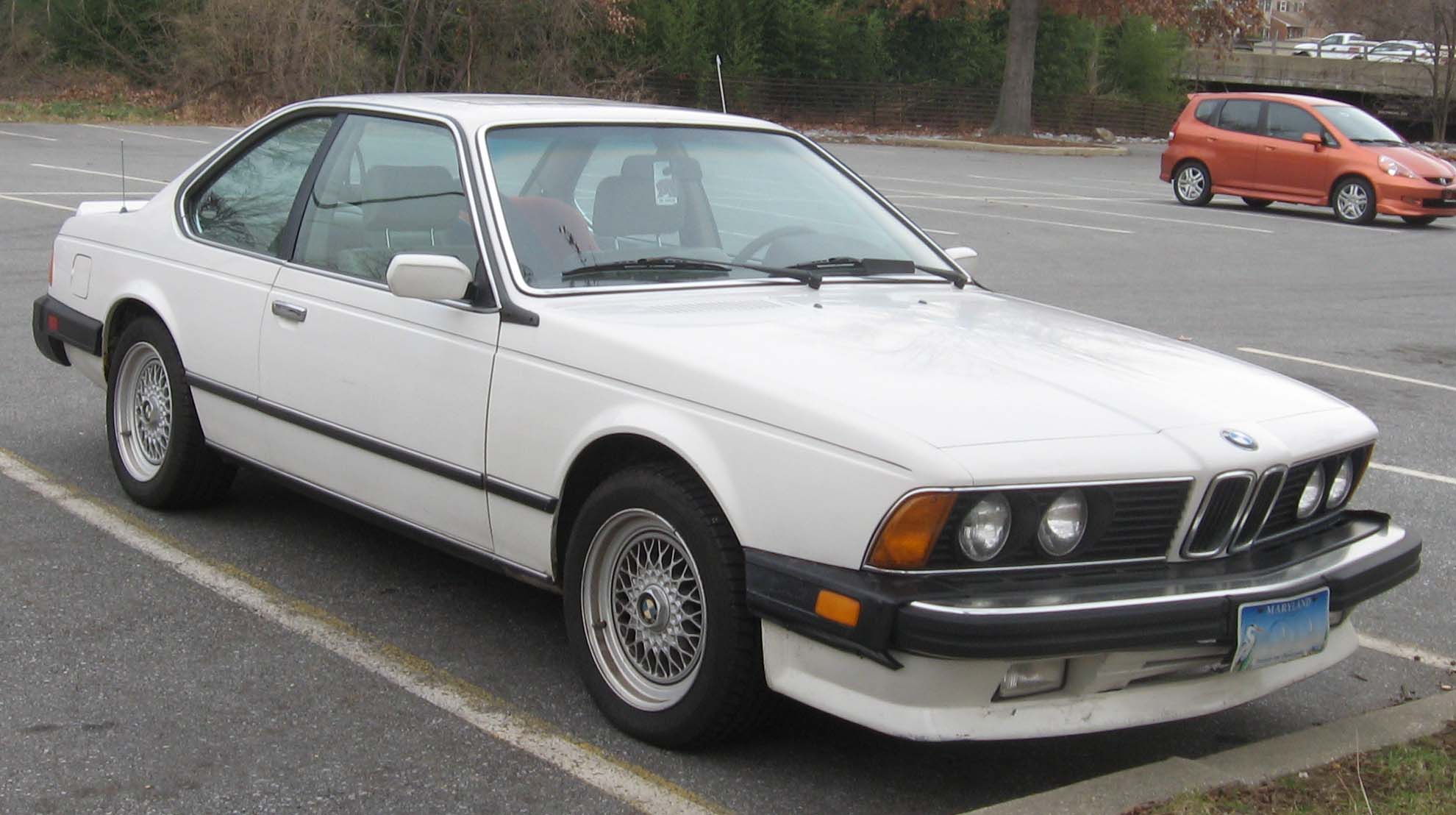
Car depreciation isn’t merely a financial term; it significantly affects your budget when considering a vehicle purchase. Grasping the concept of depreciation is essential for making savvy car-buying choices, as it encapsulates the decline in a vehicle’s value over time. Some cars plummet in worth far quicker than others, posing a risk if you intend to resell or trade-in later, especially noteworthy among electric vehicles, luxury cars, and hybrids.

1. **Nissan Leaf (First-Generation) – 72%**: The first-generation Nissan Leaf exemplifies alarming depreciation, losing a staggering 72% of its value in just five years. This rapid decline primarily stems from the rapid advancements in electric vehicle technology, rendering the Leaf seemingly outdated in comparison to newer models with extended ranges. Once celebrated as a revolutionary car, it now finds it challenging to retain its worth due to these technological strides.

2. **Chevrolet Volt – 71.1%**: Following close behind is the Chevrolet Volt, which has experienced a depreciation rate of 71.1%. When it debuted, the Volt was lauded for its innovative features and impressive 300-mile range. However, as competitors introduced more advanced plug-in hybrids, the Volt’s desirability has waned significantly, impacting its resale value.

3. **BMW 7 Series – 71.2%**: If luxury is your game, you might want to reconsider choosing the BMW 7 Series. With a depreciation rate nearing 71.2%, this luxury sedan loses its value at an alarming pace. While it’s packed with premium features and embodies driving excellence, its rapid loss of value makes it less appealing for those concerned about return on investment.

4. **Mercedes-Benz S Class – 69.9%**: The Mercedes-Benz S-Class, especially the versions made between 2006 and 2013, illustrates the pitfalls of owning a luxury vehicle. While it provides unmatched luxury and driving experience, the S-Class has suffered a depreciation rate of 69.9%. Although buyers can acquire this prestigious model for a fraction of its original cost, they must consider the often considerable maintenance expenses that come along with it.
5. **Ford Fusion Energi – 69.4%**: The Ford Fusion Energi, a plug-in hybrid, faces significant depreciation challenges, with a 69.4% value drop. The vehicle grapples with fierce competition, mainly from electric vehicles that offer longer driving ranges. Its waning appeal raises red flags about its future resale value, prompting potential buyers to think twice before investing.

6. **BMW 6-Series – 68.3%**: The BMW 6-Series has seen a noteworthy depreciation of 68.3%. Once heralded for its sleek design and high performance, the latest models haven’t captivated buyers as anticipated. Additionally, the intricate engineering and maintenance demands likely play a role in its declining market value.

7. **BMW 5-Series – 67.3%**: Another strong contender in the luxury segment, the BMW 5-Series, has also suffered notable depreciation at 67.3%. It’s a fantastic vehicle for enthusiasts, but the number of available used units, combined with newer models hitting the market, pushes its value down more quickly.

8. **Mercedes-Benz E-Class – 67.2%**: The final vehicle on our list is the Mercedes-Benz E-Class, which closely follows the 5-Series with a depreciation of 67.2%. Much like its counterparts, the E-Class is a desirable luxury sedan, yet it suffers from over-saturation in the market, leading to lower resale values.

9. **Chevrolet Malibu – 66.4%**: The Chevrolet Malibu, a midsize sedan, has become a casualty of depreciation with a 66.4% value decline over five years. This downturn is mainly due to a market pivot towards SUVs and compact variants, which has left sedans like the Malibu struggling for consumer interest. As buyers increasingly lean towards the versatility and perceived safety of larger vehicles, the Malibu’s resale value has taken a significant hit.

10. **Ford C-Max – 65.8%**: The Ford C-Max has also faced a tough time in the resale market, recording a 65.8% depreciation rate. While it boasts energy efficiency and a manageable size, the C-Max has lost traction amidst stiff competition from newer hybrids and electric vehicles. As technology continues to evolve, the value of the C-Max remains under pressure, further diminishing its appeal.

11. **Chrysler 300 – 64.4%**: The Chrysler 300, recognized for its striking design and roomy interior, has suffered a significant depreciation of 64.4%. Once a popular choice among full-size sedans, evolving consumer preferences leaning towards SUVs and crossovers have compromised its desirability, leading to a sharp decline in its market value.

12. **Hyundai Sonata – 63.1%**: The Hyundai Sonata, a popular midsize sedan, has seen a depreciation rate of 63.1%. Although it offers a lot of features for the price, the Sonata’s value has been hampered by a saturated market and the rising demand for SUVs. As buyers shift their priorities, the Sonata finds itself struggling to retain its worth.

13. **Buick LaCrosse – 62.5%**: The Buick LaCrosse has also succumbed to high depreciation, losing 62.5% of its value. As a full-size sedan, it used to attract buyers with its comfort and luxury features. However, with fewer consumers interested in sedans, the LaCrosse has seen its appeal decline, impacting its resale value dramatically.

14. **Acura RLX – 61.9%**: The Acura RLX, a luxury sedan, has seen a depreciation of 61.9%. Despite its quality features and smooth ride, the RLX has struggled to stand out against more trendy luxury brands and models. An oversupply of pre-owned RLX vehicles on the market has made its depreciation even more pronounced.

15. **Infiniti Q70 – 60.4%**: The Infiniti Q70, another luxury sedan, has faced a depreciation rate of 60.4%. It has not managed to capture much attention in a crowded luxury market, leading to a quick drop in its value. With similar vehicles from more renowned luxury brands dominating the market, the Q70’s appeal has dwindled.

These vehicles serve as a cautionary tale for potential buyers looking to invest in a car. Understanding the factors contributing to high depreciation can help consumers make informed choices and potentially save thousands down the line.

Choosing a vehicle wisely means looking for options that fulfill your current needs while also promising better resale value down the line. By opting for a car that retains its worth effectively, you can enjoy your new purchase with confidence, knowing you’ve made an astute financial choice. As the automotive market evolves, being aware of depreciation rates and trends will empower you to make informed purchasing decisions.
Related posts:
The 10 Best And Worst Cars For Holding Value (2024)
Car Depreciation: How Much Is Your Car Worth?
What Cars Depreciate The Least And Most?





